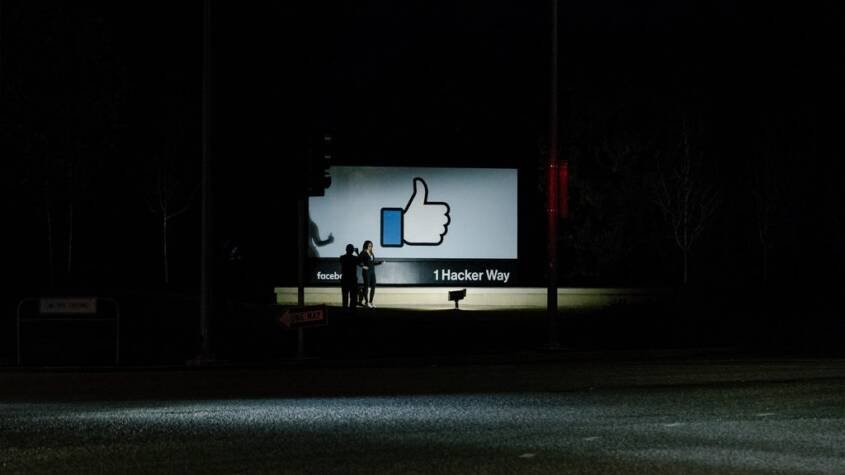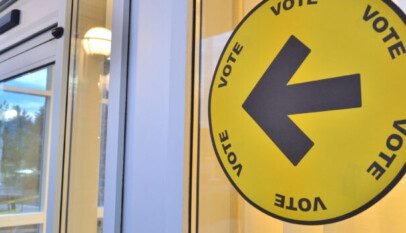
SAN FRANCISCO — Facebook is considering banning political advertising across its network before the November general election, according to two people with knowledge of the discussions, after facing intense pressure for allowing hate speech and misinformation to flourish across its site.
The decision has not been finalized, said the people, who spoke on condition of anonymity because the discussions were confidential, and the company could continue with its current political advertising policy. Discussions on potentially banning political ads have simmered since late last year, they said, as insiders weighed the idea while reaching out to political groups and candidates for feedback.
But the issue has come to the forefront in recent weeks, with the November election looming and as Facebook grapples with intensifying scrutiny over content posted to its platform. The core of the debate is whether banning political ads would help or harm “giving users a voice,” said the people with knowledge of the discussions. Stopping ads could stifle speech for some groups, they said, though allowing political ads to run could also allow more misinformation that could disenfranchise voters.
A Facebook spokesman declined to comment. Bloomberg News earlier reported the potential change in policy.
If a ban on political ads were to happen, it would be a reversal for Facebook and its chief executive, Mark Zuckerberg. The social network has long allowed politicians and political parties to run ads across its network virtually unchecked, even if those ads contained falsehoods or other misinformation.
Mr. Zuckerberg has repeatedly said he would not police politicians’ ads and stated that the company was not an arbiter of truth because he believes in free speech. He has also said that removing political ads from the network could harm smaller, down-ballot candidates who are less well-funded than nationally prominent politicians. Political advertising makes up a negligible amount of Facebook’s revenue, he has said, so any decision would not be based on financial considerations.
But that hands-off approach has led to an intense backlash against the social network. Lawmakers, civil rights groups and Facebook’s own employees have assailed it for letting hate speech and misinformation fester on its site. Last month, the Biden presidential campaign said it would begin urging its supporters to demand that Facebook strengthen its rules against misinformation. More recently, advertisers such as Unilever and Coca-Cola have paused their advertising on the platform in protest.
That was punctuated this week by the release of a two-year auditof Facebook’s policies. The audit, conducted by civil rights experts and lawyers who were handpicked by the company, concluded that Facebook had not done enough to protect people on the platform from discriminatory posts and ads. In particular, they said, Facebook had been too willing to let politicians run amok on the site.
“Elevating free expression is a good thing, but it should apply to everyone,” they wrote. “When it means that powerful politicians do not have to abide by the same rules that everyone else does, a hierarchy of speech is created that privileges certain voices over less powerful voices.”
Mr. Zuckerberg has…
INNOVATION AND DATA PRIVACY ARE NOT NATURAL ENEMIES: INSIGHTS FROM KOREA’S EXPERIENCE
The following is a guest post to the FPF blog authored by Dr. Haksoo Ko, Professor at Seou…















